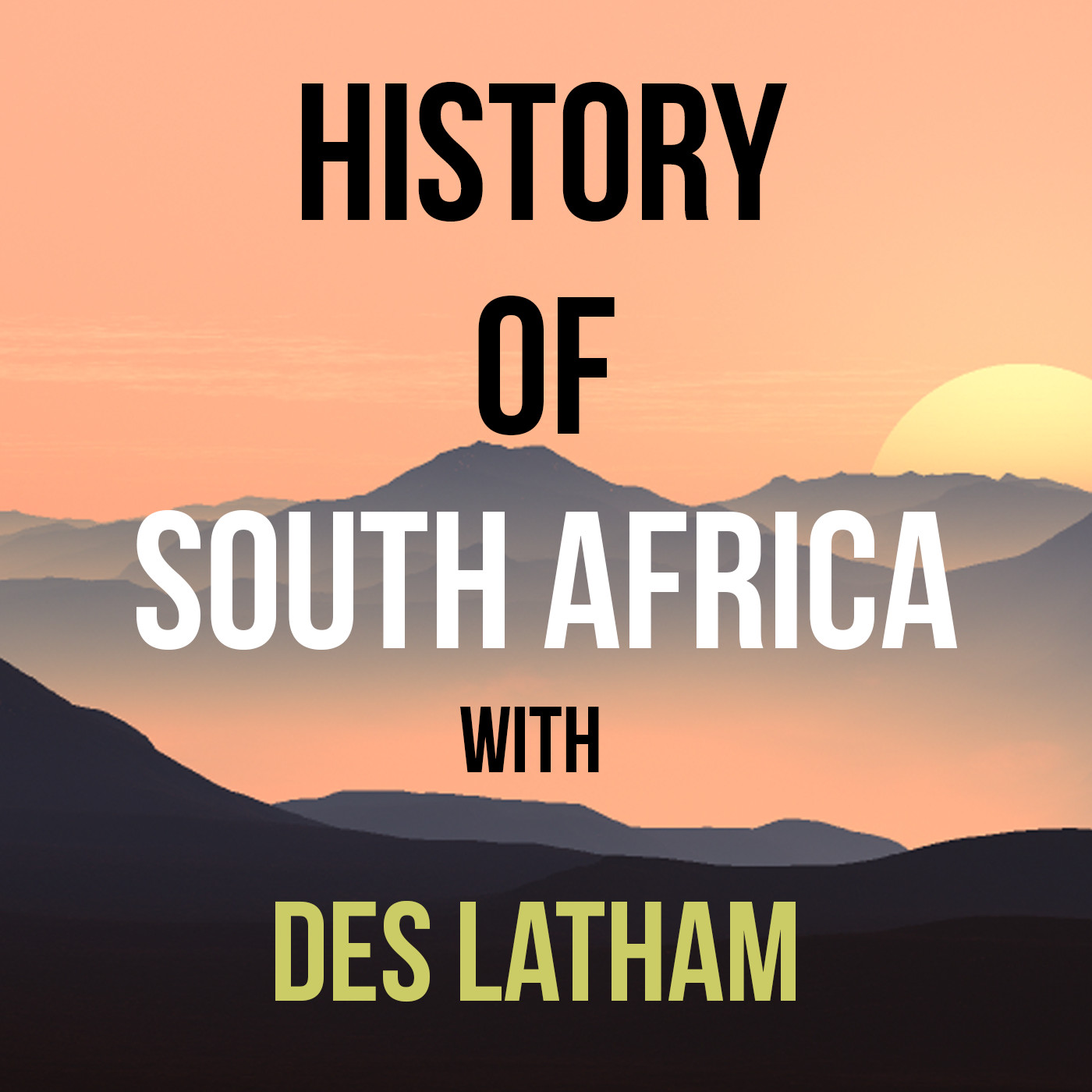- History
- SEE MORE
- classical
- general
- talk
- News
- Family
- Bürgerfunk
- pop
- Islam
- soul
- jazz
- Comedy
- humor
- wissenschaft
- opera
- baroque
- gesellschaft
- theater
- Local
- alternative
- electro
- rock
- rap
- lifestyle
- Music
- como
- RNE
- ballads
- greek
- Buddhism
- deportes
- christian
- Technology
- piano
- djs
- Dance
- dutch
- flamenco
- social
- hope
- christian rock
- academia
- afrique
- Business
- musique
- ελληνική-μουσική
- religion
- World radio
- Zarzuela
- travel
- World
- NFL
- media
- Art
- public
- Sports
- Gospel
- st.
- baptist
- Leisure
- Kids & Family
- musical
- club
- Culture
- Health & Fitness
- True Crime
- Fiction
- children
- Society & Culture
- TV & Film
- gold
- kunst
- música
- gay
- Natural
- a
- francais
- bach
- economics
- kultur
- evangelical
- tech
- Opinion
- Government
- gaming
- College
- technik
- Jesus
- Health
- movies
- radio
- services
- Church
- podcast
- Education
- international
- Transportation
- Other
- kids
- podcasts
- philadelphia
- Noticias
- love
- sport
- Salud
- film
- and
- 4chan
- Disco
- Stories
- fashion
- Arts
- interviews
- hardstyle
- entertainment
- humour
- medieval
- literature
- alma
- Cultura
- video
- TV
- Science
- en
Episode 58 – A dilemma of principle as religious freedom and a reformed government are introduced in 1803

For on 18th May 1803, ten days after Janssens had reached Algoa Bay on his long journey overland to the frontier from Cape Town, Malta in the Mediterranean became a flashpoint.
This little island was the first step on a Mediterranean passage from Europe to India as far as both Napoleon and the British were concerned. Under the Treaty of Amiens, Britain undertook to hand Malta back to the Knights of St John, who had ruled it before Napoleon and the British began fighting over it. But then the British had a change of heart as they watched Napoleon continue to consolidate control over Europe - the Batavian Republic was virtually his vassal state.
English Prime Minister Pitt had vacillated over the Cape’s return to the Dutch, now he was convinced it had been a mistake as war clouds gathered once more.
As Historian Eric Walker notes, the period of direct rule by the Batavian Republic is one of the more tantalizing in South African history. Some regard it as the dawn of a golden age, all too soon overcast by the second coming of the British. The reason is pretty simple. The Batavians wanted the Cape to be a permanent place of itself so to speak – rather than a thing dangling at the end of a colonial master.